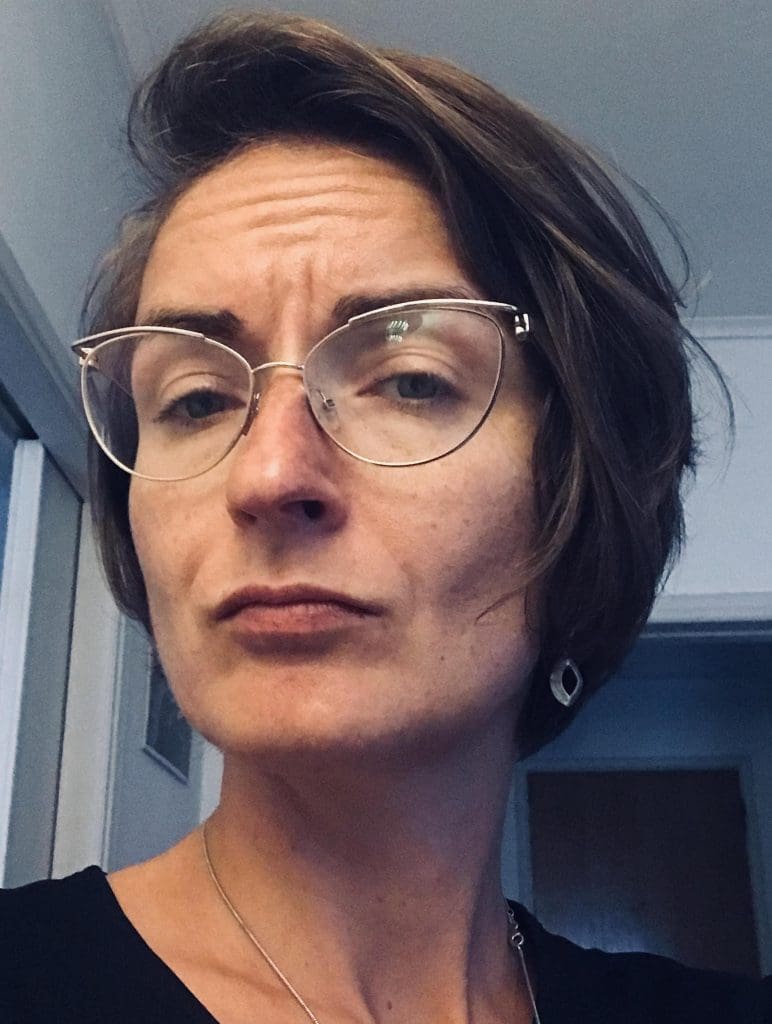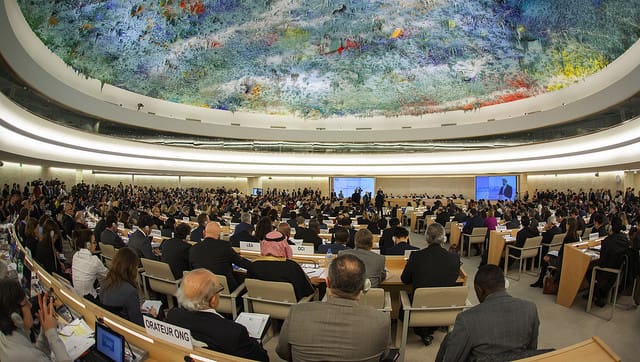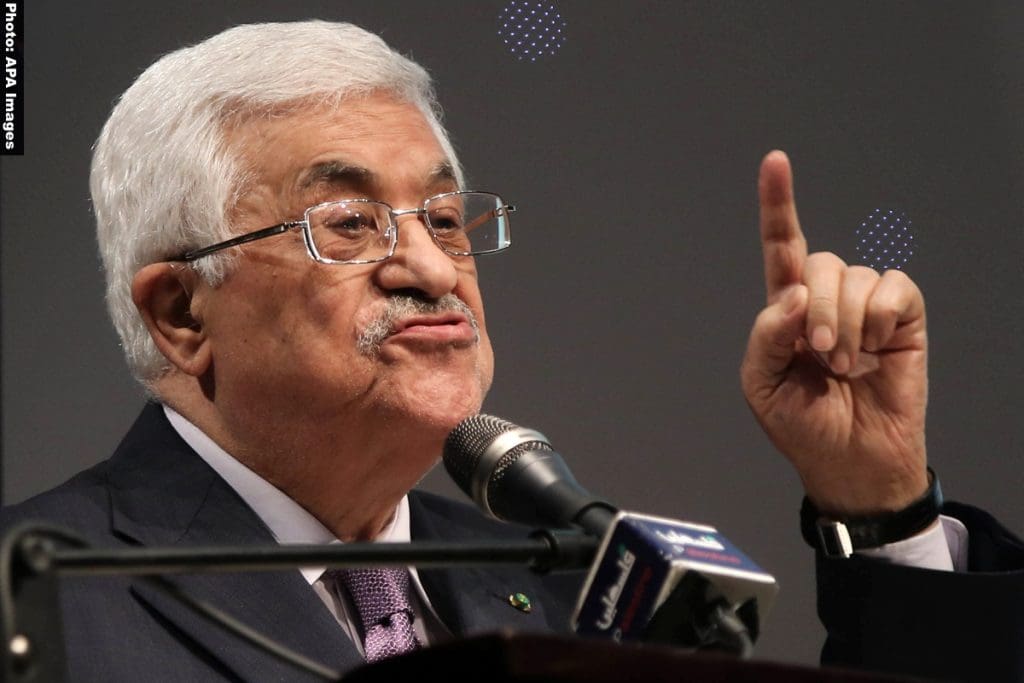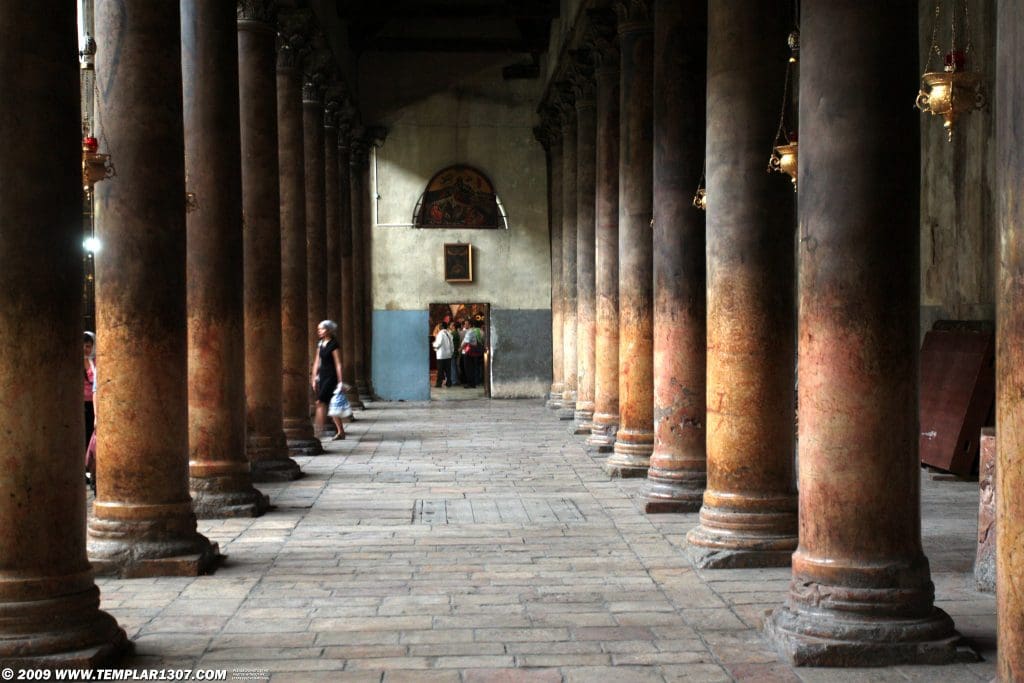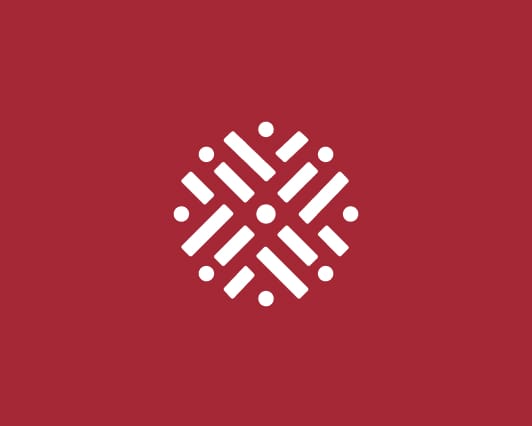Valentina Azarova is an international legal academic and practitioner working at the intersection of power, law, and violence, with over 15 years of experience advising social and liberation movements, NGOs, international and inter-governmental organizations and governments, primarily in the Middle East, Central Asia and Africa. She holds a PhD in law from NUI Galway’s Irish Centre for Human Rights and currently teaches transnational lawyering and human rights practice at different universities and is also a Research Fellow at the Manchester International Law Centre, University of Manchester. Valentina’s current research concerns practices and processes reproduction of (ir)responsibility in/by international law, and the relation between social justice struggles, accountability practices and the law.
From this author
Hundreds of businesses continue to operate freely and without consequence in some 250 settlements Israel has erected. In March 2016, member states of the UN Human Rights Council (HRC) decided to act on this issue: Through HRC resolution 31/36 they tasked the UN Office of the High Commissioner of Human Rights (OHCHR) with setting up a database of such businesses and reviewing it annually. The OHCHR announced in a January 2018 report that it had created a list of 206 businesses, the names of which it intends to disclose “in a future update.”
The database is a unique transparency tool and soft power enforcement mechanism that could provide a service to states and their corporate nationals who may become involved in illegal business activities.

Valentina Azarova· May 29, 2018
Palestine’s membership of the International Criminal Court (ICC) formally goes into effect April 1, 2015. As Palestinians and proponents of international justice worldwide await the Office of the Prosecutor’s next move, it is important to assess what heavy-lifting the ICC could realistically undertake in the Palestine-Israel context as well as what other accountability avenues exist.

Valentina Azarova· Apr 1, 2015
Palestine gained membership of UNESCO in 2011 but its representatives have not yet made best use of this new status due in part to pressure by Israel and the United States. Al-Shabaka Policy Member Nidal Sliman and Guest Author Valentina Azarov review the value of UNESCO in the quest to fulfill Palestinian rights and to apply the relevant international law instruments to the case of Palestine.










